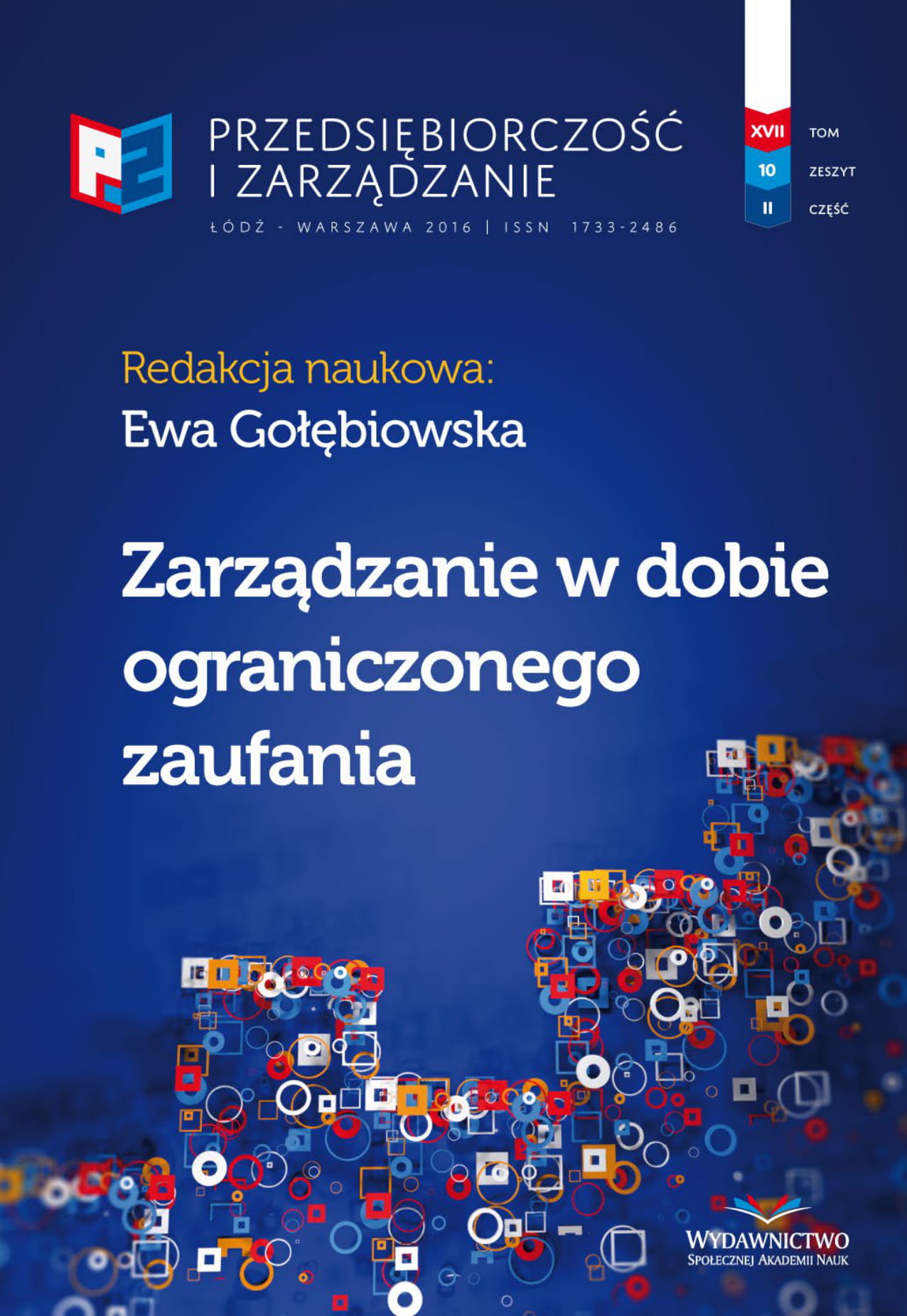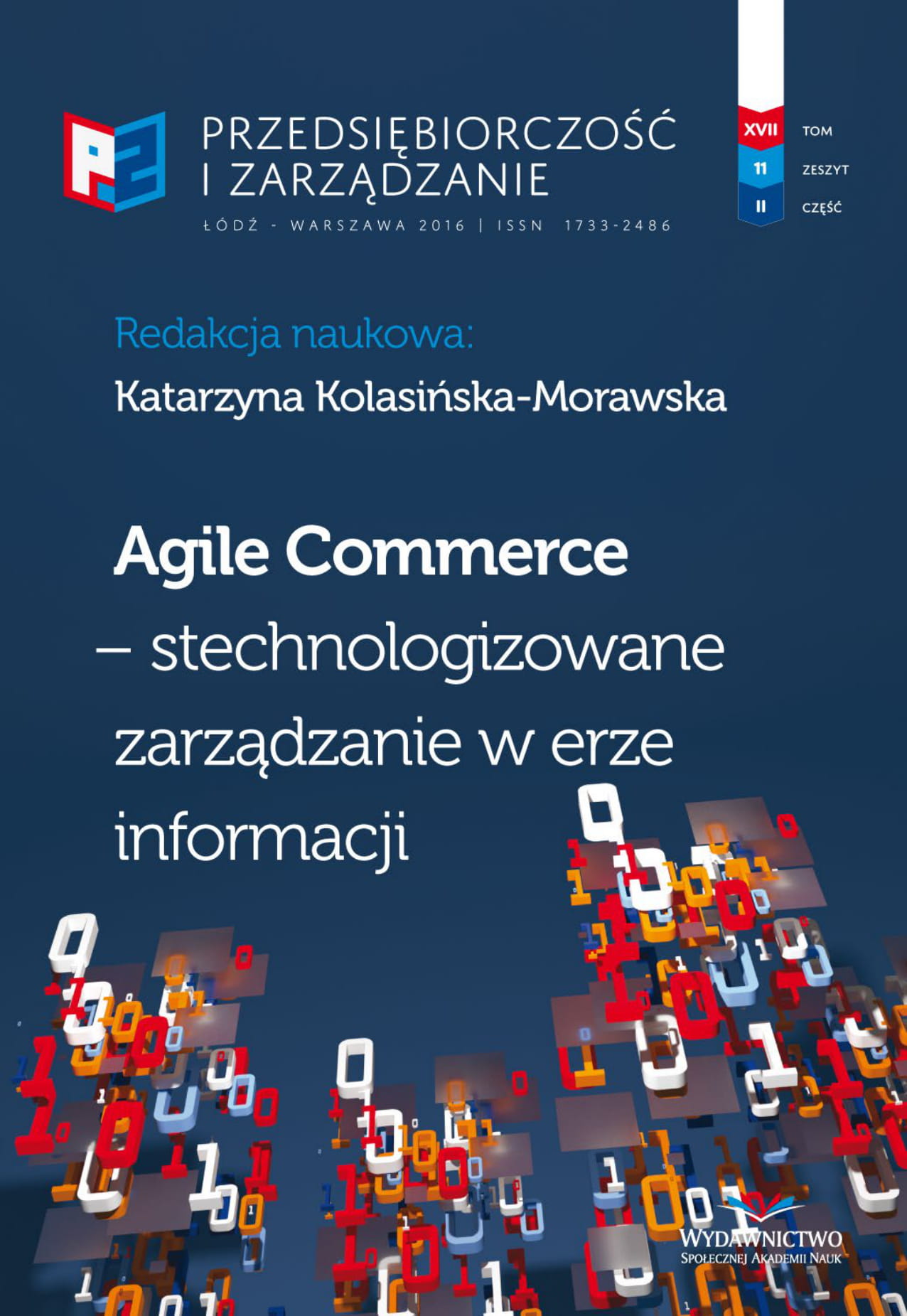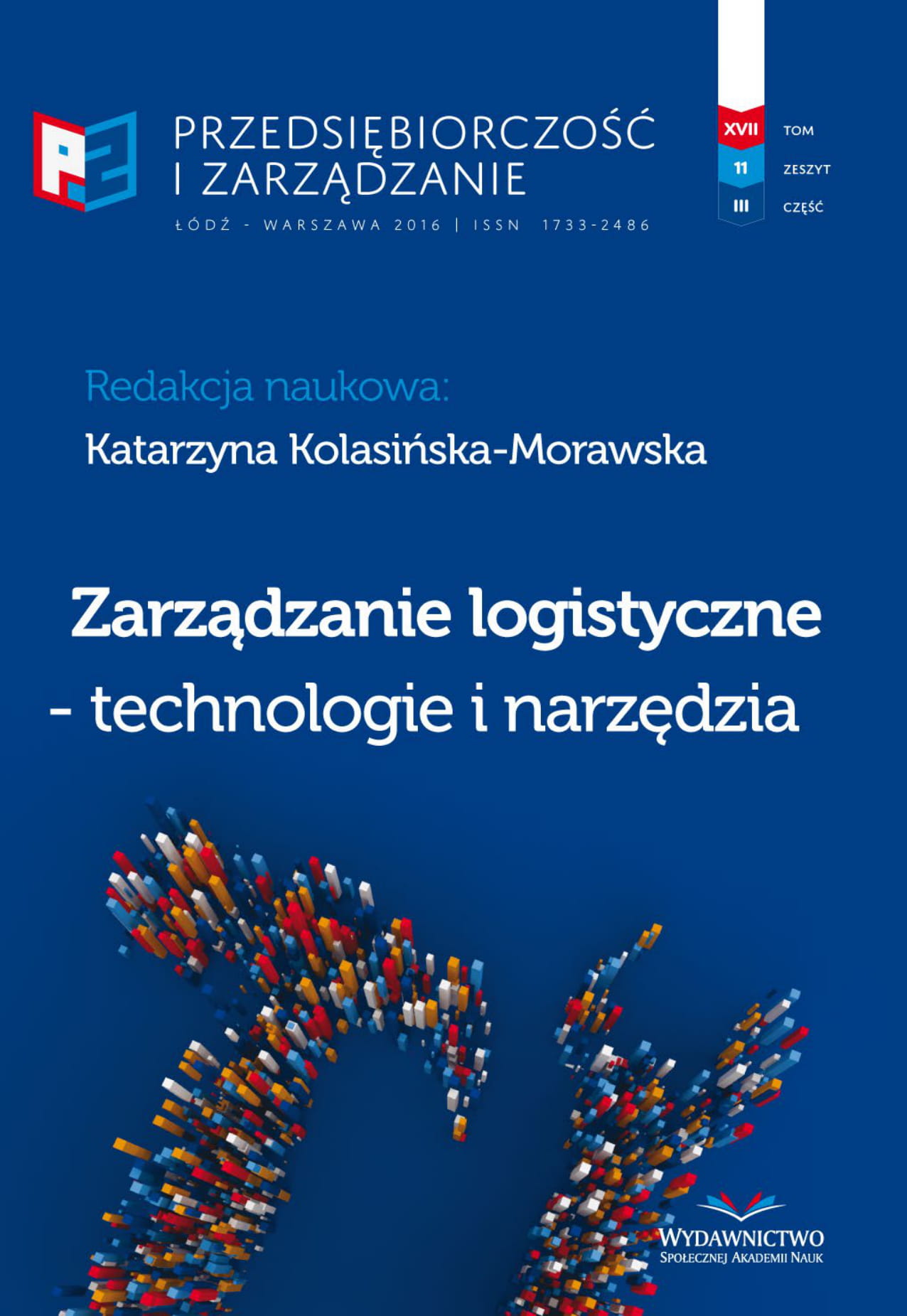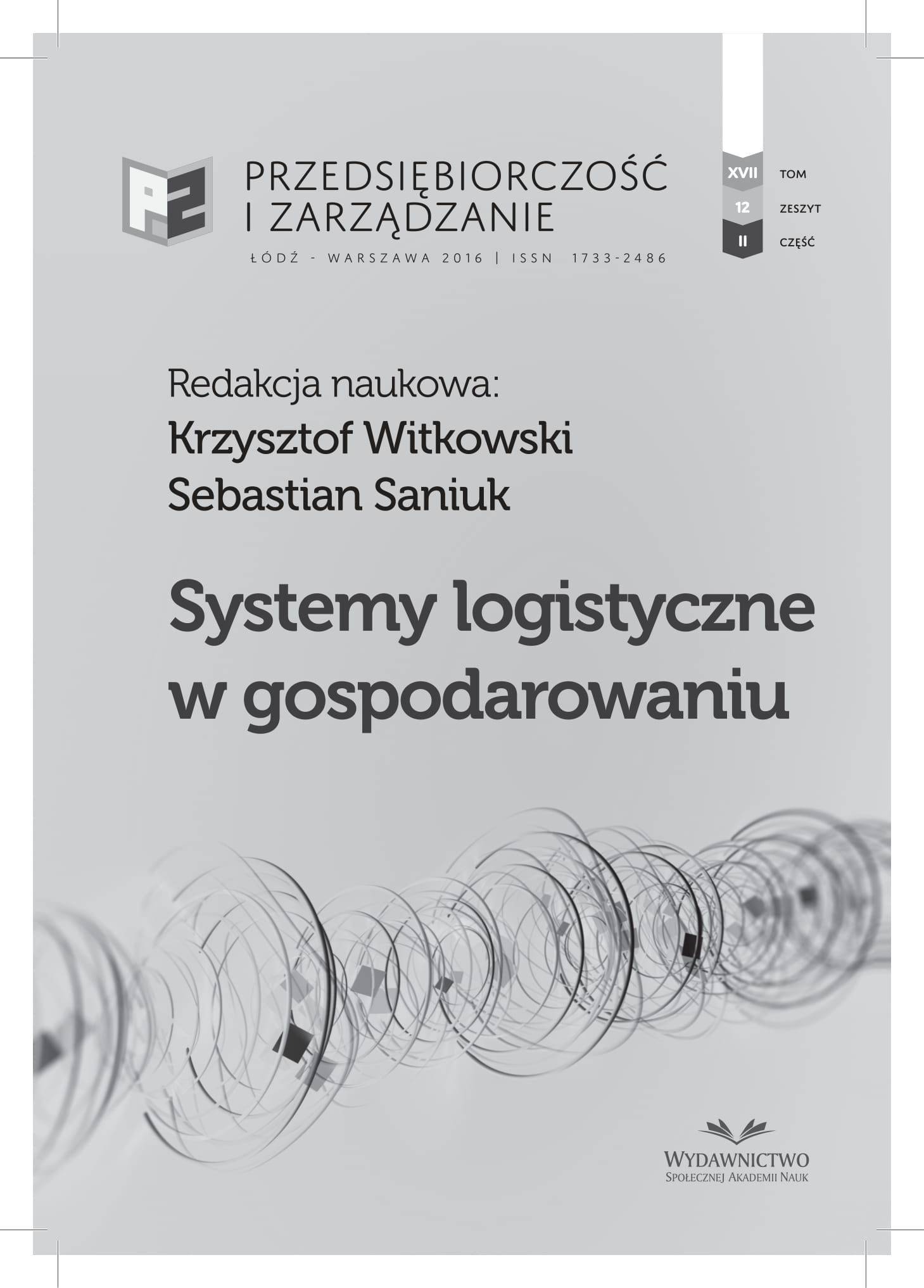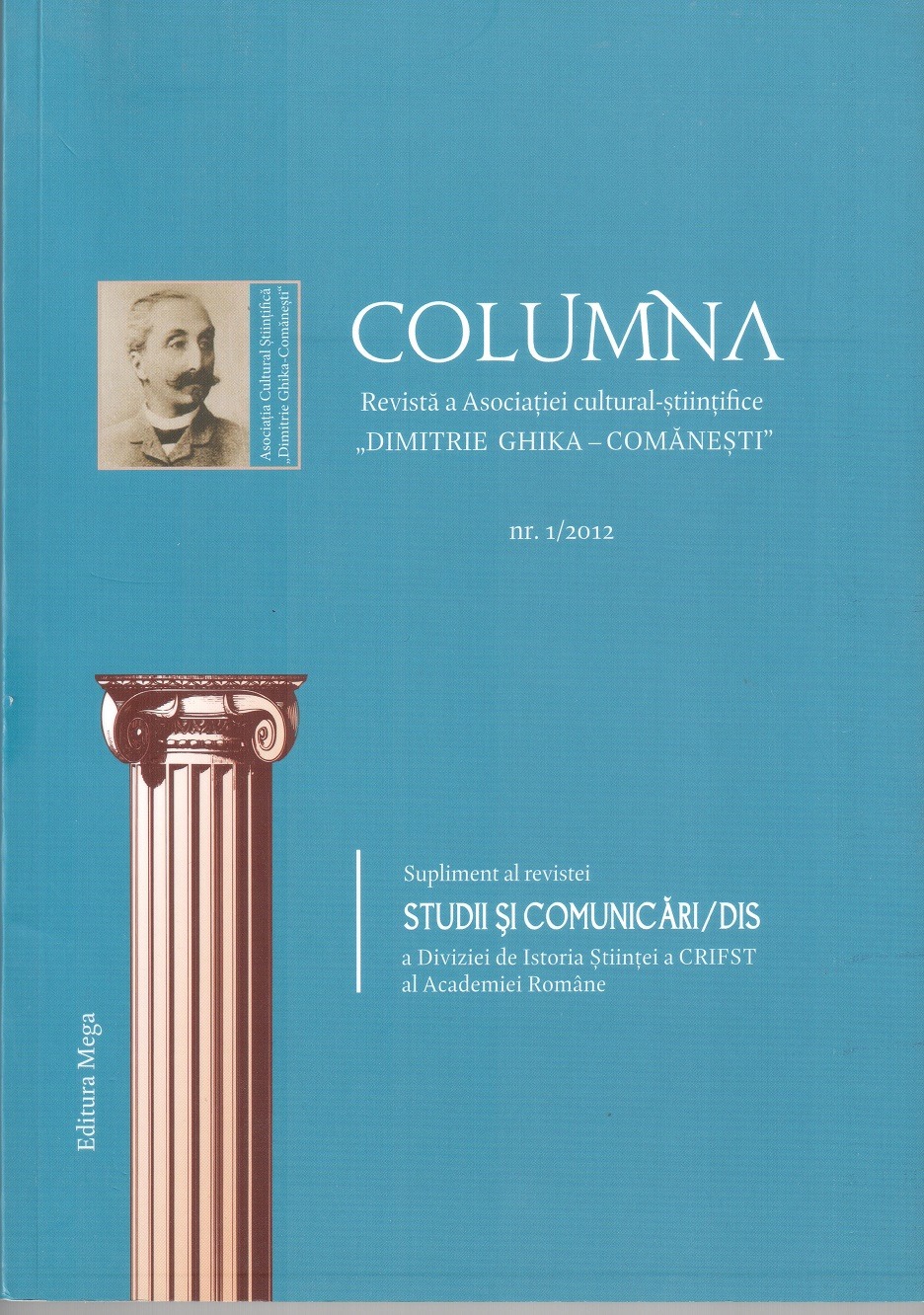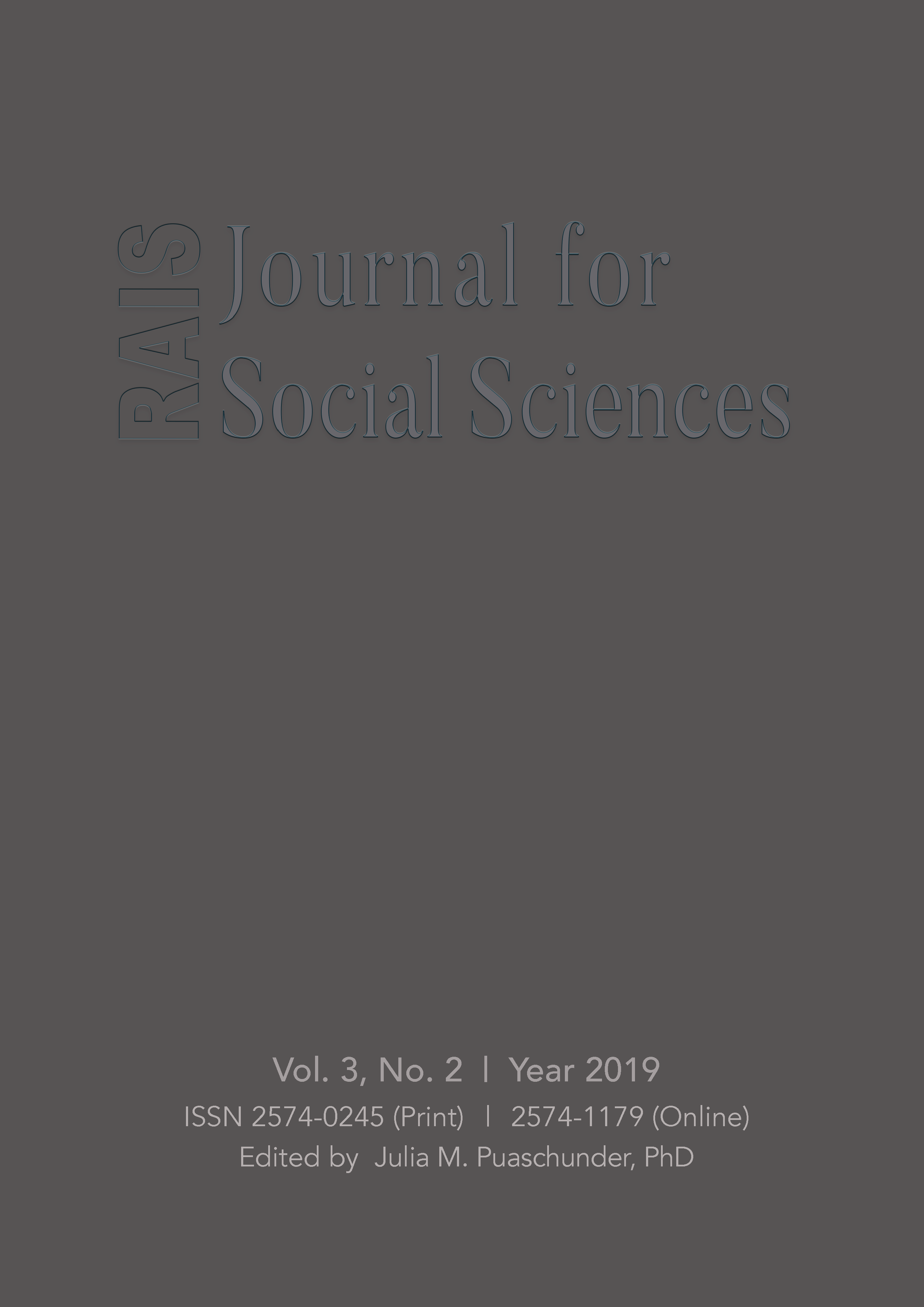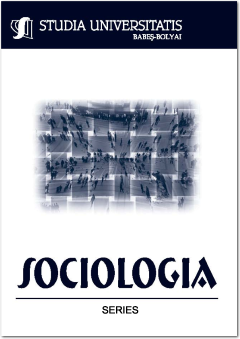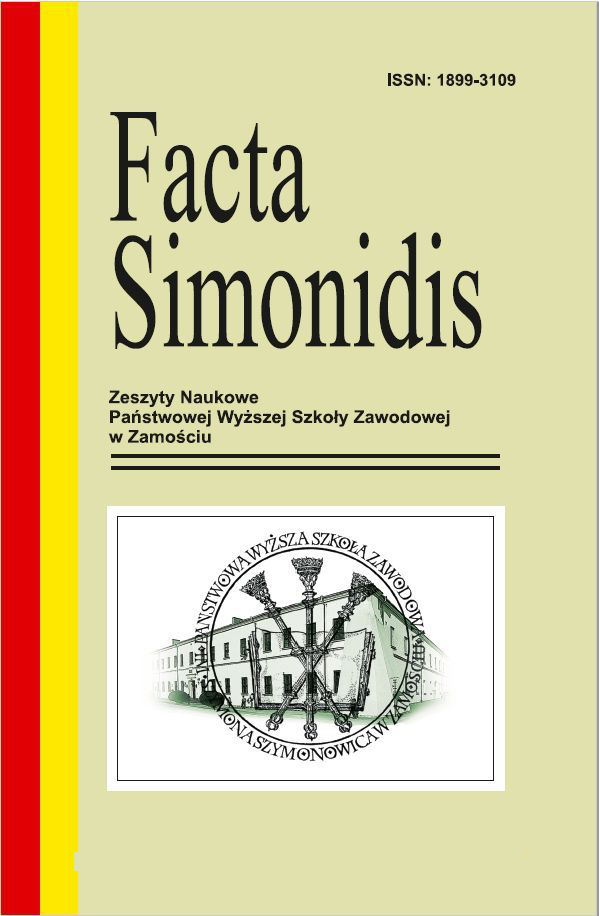
Gospodarka Chińskiej Republiki Ludowej w warunkach reform systemowych
The year 1978 initiated a new stage in the economic development of China. The communist country leaders decided that there were reasonable grounds for the development of the market system and a wider co-operation with the capitalist countries, which would include the facilitated import of the goods from abroad – the essential factor in modernization. The 90s witnessed progressive reforms in the system, as well as the entry into the international economic structures, e.g. The World Bank, International Monetary Fund, and later World Trade Organization (2001). Those changes resulted in the departure from the patronizing customs policy, limitations of subsidies, and the privatization of national enterprises. The undertaken reforms accelerated the economic growth, since then fueled by export and subsequent foreign capital stock investments.
More...
